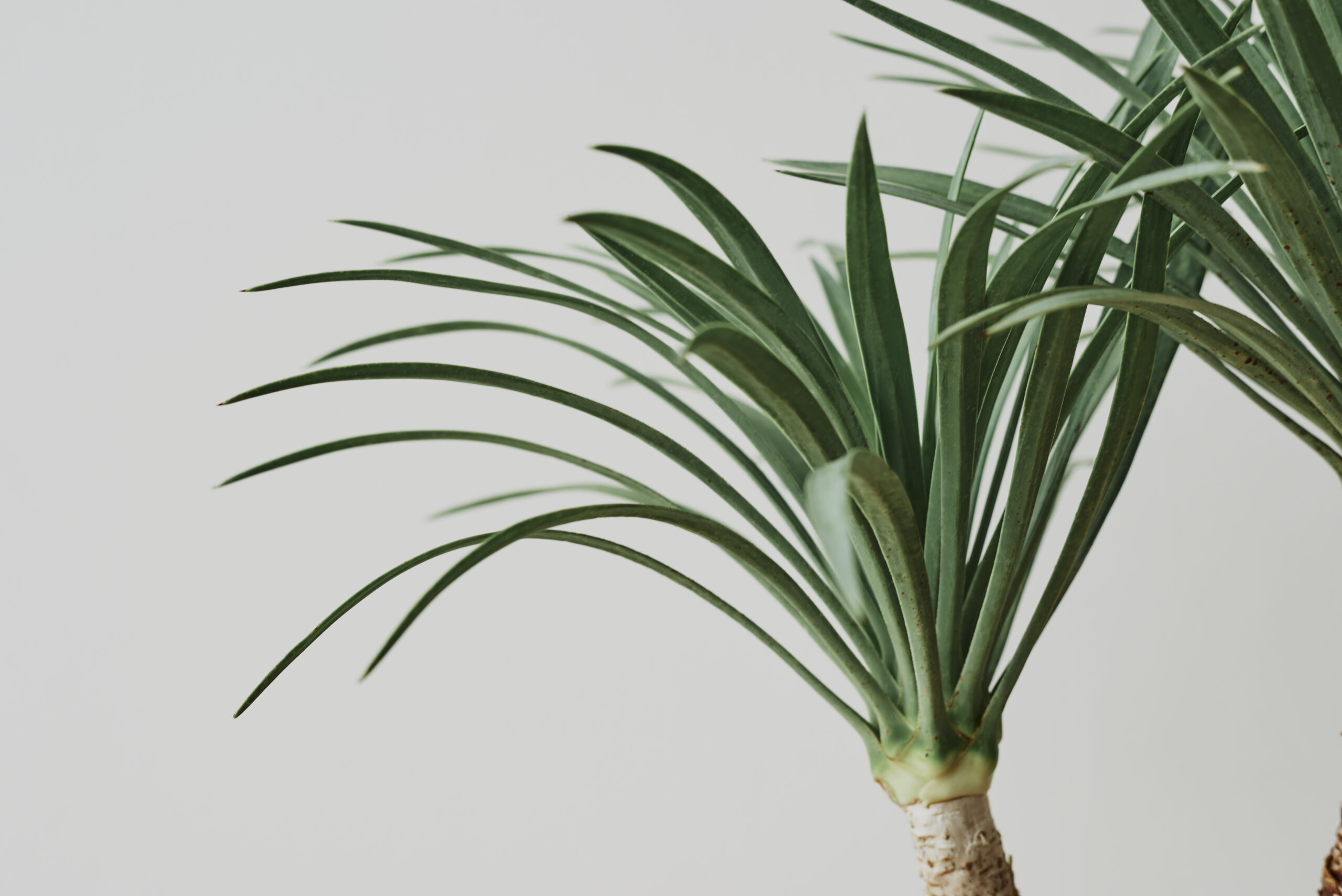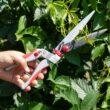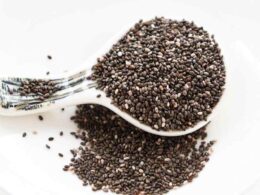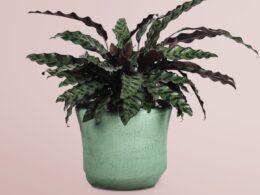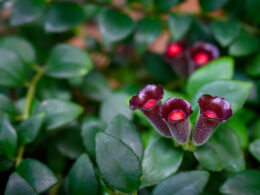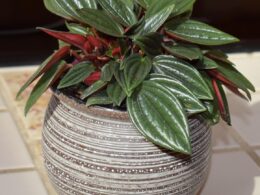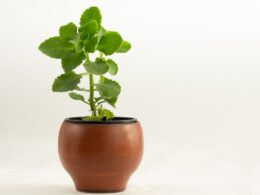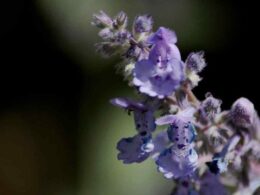Dracaena Plant: the Ideal Houseplant
Looking for a low-maintenance houseplant that will thrive indoors? Meet the Dracaena plant! Also known as the corn plant, this robust tropical survivor is native to Africa and can grow up to 13 feet tall in its natural habitat. But don’t worry, when grown in a pot, it will stay much smaller (usually 2-5 feet). Dracaenas are very tolerant of neglect, which makes them ideal for busy people or anyone who doesn’t have a green thumb. They can go weeks without being watered, and they prefer bright indirect sunlight to low light (never direct sunlight), so they’re perfect for rooms with limited windows. Plus, they’re virtually indestructible, they can even withstand periods of drought. So if you’re looking for a beautiful, easy-to-care-for houseplant, the dracaena is a great choice!
Watering & Fertilizing Dracaenas
One of the most important things to remember in dracaena plant care is to let the soil dry out completely between waterings. Dracaenas are very tolerant of drought, so they don’t need to be watered very often. Once every week or two should be sufficient. When you do water your dracaena, make sure to use room-temperature filtered water (not tap water) and soak the soil until it is saturated. Then allow the excess water to drain away. Humidity is also key!
Dracaenas also don’t need to be fertilized very often. A light application of fertilizer once a month should be enough. Be sure to use a balanced fertilizer that is specifically formulated for houseplants. And as always, follow the directions on the package.
Plant Pests
One of the great things about dracaenas is that they are relatively pest-free. However, mealybugs and scale can occasionally be a problem. If you notice any pests on your dracaena, you can remove them by hand or with a cotton swab dipped in rubbing alcohol. If the infestation is severe, you may need to treat your plant with an insecticidal soap or horticultural oil. Spider mites are little pests that might harm your Dracaena Marginata. You might not see them with a naked eye, so just spray your indoor plant heavily.
Propagating Your Dracaena Plant
Dracaenas can be propagated from stem or leaf cuttings. To propagate from stem cuttings, simply cut a piece of stem that is at least six inches long and has several leaves attached. Remove the bottom leaves and dip the cutting in rooting hormone. Then plant it in a pot filled with moist potting mix. Keep the soil moist and provide bright indirect light, and your cutting should root within a few weeks.
To propagate from leaf cuttings, start by slicing a healthy leaf into several pieces, each with a small piece of stem attached. Dip the cuts in rooting hormone and plant them in moist potting mix. Again, keep the soil moist and provide bright indirect light, and your cuttings should root within a few weeks. Foliage should start emerging!
How to Prune Dracaenas
Dracaenas are a genus of evergreen trees that are native to Africa. They are characterized by their long, strap-like leaves and can grow up to 20 feet tall. Dracaenas are relatively easy to care for and make an excellent choice for beginner gardeners. One important aspect of dracaena plant care is proper pruning. Pruning helps to encourage new growth, promote air circulation, and prevent disease. When pruning dracaenas, be sure to use sharp, clean pruning shears. Make your cuts at a 45-degree angle, just above a leaf node. Remove any leaves that are discolored or damaged. You can also remove any suckers that appear at the base of the plantert. Dracaenas can be pruned anytime during the growing season. However, if you live in a particularly cold climate, it’s best to wait until the weather warms up before pruning your dracaena
Potential Dracaena Problems
Although dracaenas are generally low-maintenance plants, they can sometimes experience problems. For example, leaf drop can be caused by too much or too little water, too much or too little light, or a lack of nutrients. If the leaves are yellowing or browning, this can indicate a problem with the roots. Root rot is often caused by overwatering, which can lead to fungus growth. Therefore, it is important to take care not to overwater your dracaena and to provide adequate drainage. If you see any signs of problems, such as discolored leaves or stunted growth, be sure to consult a professional for help in diagnosing and treating the issue. With a little care, your dracaena should thrive for many years to come!
What to Do If Your Dracaena Is Dying
If your Dracaena plant is dying, there are a few things you can do to try and revive it. First, check the soil moisture and make sure the plant is getting enough water. If the soil is too dry, try watering it more frequently. You can also add a layer of mulch to help retain moisture. Next, check the light levels and make sure the plant is getting enough light. If it’s not, try moving it to a brighter spot. Finally, check for signs of pests or disease and treat accordingly. With a little dracaena plant care and attention, you should be able to bring your green pet back to health.
Dracaena Plant Care: A Summary
In summary, dracaena plants are easy to care for and make a beautiful addition to any room in your home. Water your dracaena once every week or two, fertilize it once a month, and keep an eye out for pests. Propagating dracaenas is easy, and it’s a great way to create new plants for your home or to give as gifts. So what are you waiting for? Get a dracaena plant today and enjoy the beauty of nature indoors! Do you have any tips for dracaena plant care? Share them in the comments below! And be sure to check out our other articles on houseplant care for more information on keeping your plants healthy and beautiful. Happy gardening!





